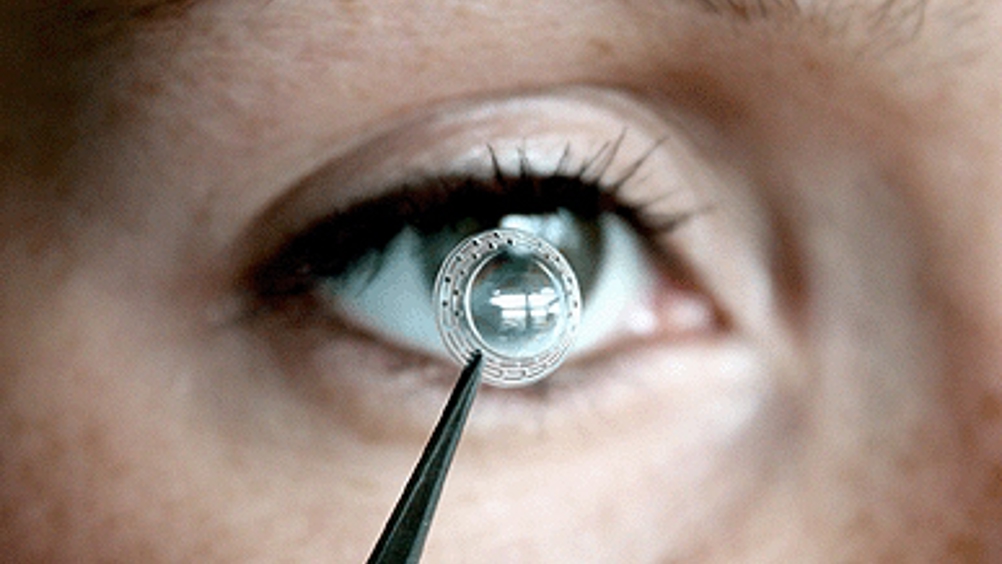Researchers in Germany develop artificial corneas
Two types of artificial cornea are being developed in Germany, an advance that could potentially restore sight to people with corneal anomalies.

The work is being undertaken by Dr Joachim Storsberg and his team from the Fraunhofer Institute for Applied Polymer research IAP, Potsdam, in collaboration with the Aachen Centre of Technology Transfer.
Scientific partners in the ArtCornea project include the Martin Luther University of Halle-Wittenberg, ACTO eV and the Ophthalmic Clinic Cologne-Merheim.
In a statement, Storsberg said one of the corneas can be used in cases where the patient would not tolerate a donor cornea.
ArtCornea is based on a polymer with high water-absorbent properties. Storsberg and his team have added a new surface coating to ensure anchorage in host tissue and functionality of the optic.
The haptic edge was chemically altered to encourage local cell growth. These cells graft to the surrounding human tissue, which is essential for anchorage of the device in the host tissue. The researchers aimed to enlarge the optical surface area of the implant in order to improve light penetration beyond what had previously been possible.
Register now to continue reading
Thanks for visiting The Engineer. You’ve now reached your monthly limit of news stories. Register for free to unlock unlimited access to all of our news coverage, as well as premium content including opinion, in-depth features and special reports.
Benefits of registering
-
In-depth insights and coverage of key emerging trends
-
Unrestricted access to special reports throughout the year
-
Daily technology news delivered straight to your inbox










Renewables Surge But Emissions Continue To Creep Up
"While power systems in many countries are on the cusp of – and in some cases have reached – decarbonisation" Only countries with good...